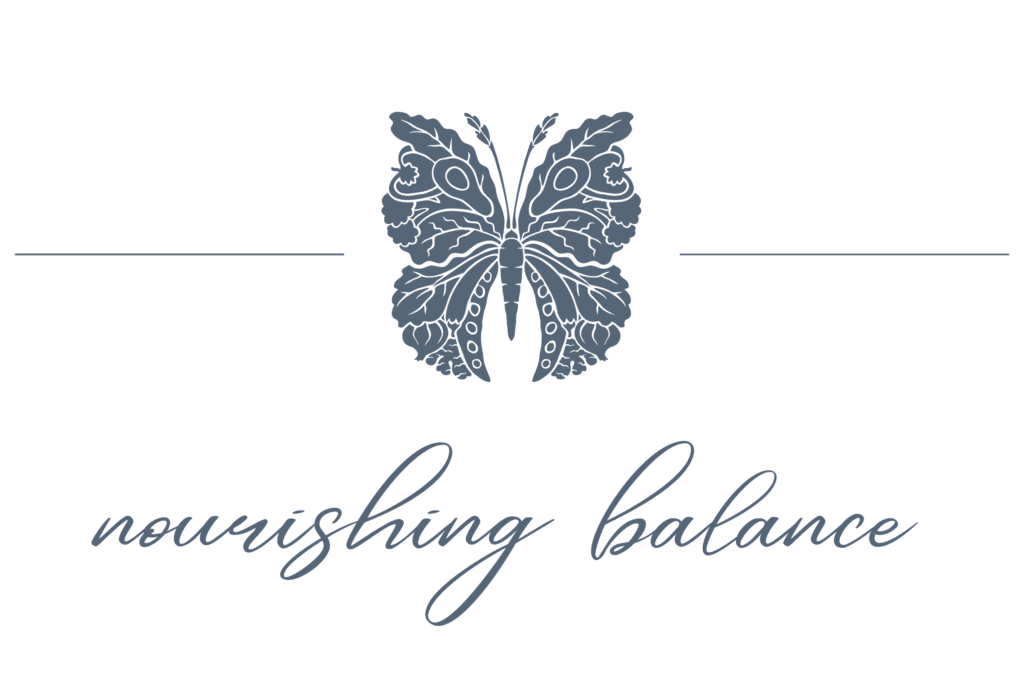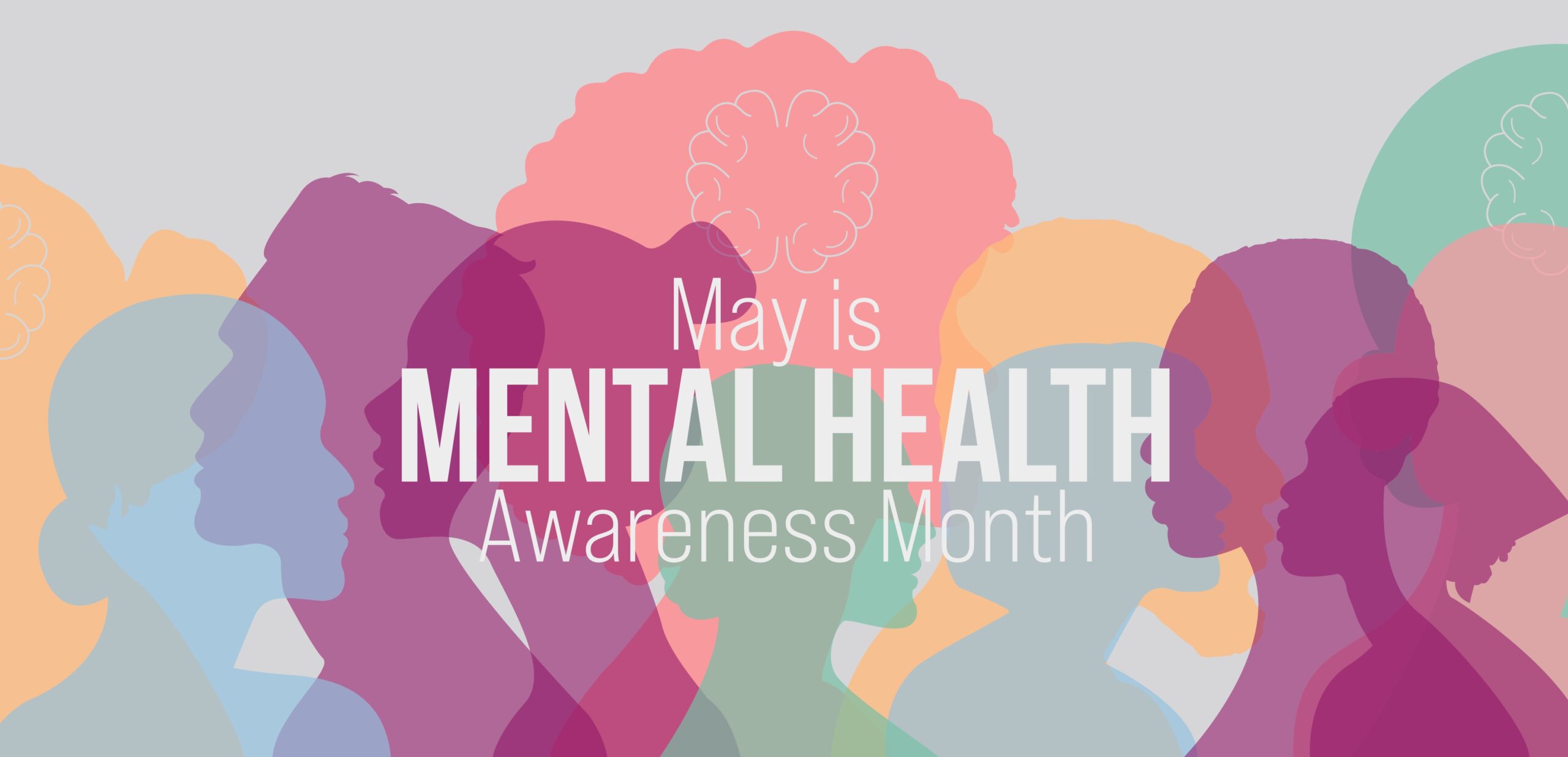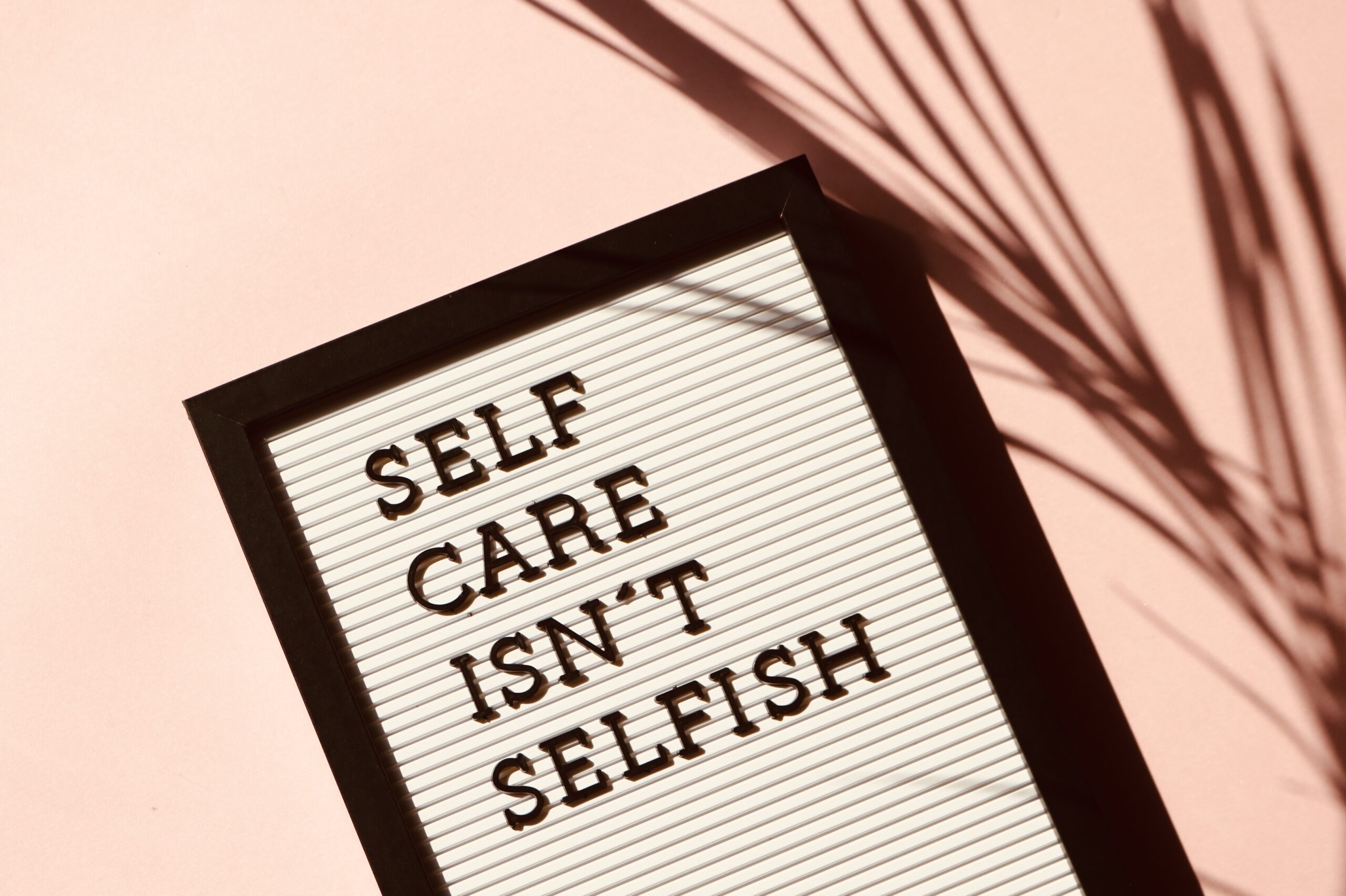 The holy month of Ramadan is well underway, and we know how tricky it can be to choose the right foods during meal times during this period when our eating habits change drastically. Since Suhoor is the last meal eaten before the fast begins, it is even more important to properly fuel the body to avoid drowsiness and other uncomfortable feelings throughout the day. If this is something you’re struggling with, we have put together a list of Suhoor Dos and Don’ts that can help you navigate the morning meal for the rest of this year’s Ramadan and beyond!
The holy month of Ramadan is well underway, and we know how tricky it can be to choose the right foods during meal times during this period when our eating habits change drastically. Since Suhoor is the last meal eaten before the fast begins, it is even more important to properly fuel the body to avoid drowsiness and other uncomfortable feelings throughout the day. If this is something you’re struggling with, we have put together a list of Suhoor Dos and Don’ts that can help you navigate the morning meal for the rest of this year’s Ramadan and beyond!
Do: Get your protein
Protein is going to be one of the most important nutrients for maintaining satiety throughout the day. Try to include protein in your suhoor such as eggs, greek yogurt, ful, or even leftover chicken or beef from iftar!
Don’t: Go overboard on the fat and salt-heavy foods
While these foods can absolutely be enjoyed in moderation, it is important to note that these foods can make your fast more difficult. Fatty foods can cause discomfort such as heartburn, while salty foods can cause increased thirst during your fast. Try to save these foods for iftar, when you have more time to recover before starting the fast.
Do: Include a complex carb
While protein is key for satiety, complex carbs are essential for energy! Choosing complex carbs in particular is important to keep blood sugar levels stable throughout the day and avoid a mid-day energy crash. Complex carbs can come from brown rice, whole grain bread, pasta, oats, dates, or sweet potatoes,
Don’t: Reach for the desserts
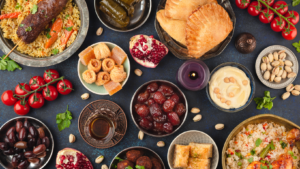 In a similar vein to including complex carbs during suhoor, it may be helpful to limit sugary foods and desserts during suhoor due to the spike in blood sugar they cause. You may feel energized at first, but this sugar spike will crash by midday which can lead to feeling fatigued. We know the Ramadan desserts are to die for, just try to save them for iftar instead!
In a similar vein to including complex carbs during suhoor, it may be helpful to limit sugary foods and desserts during suhoor due to the spike in blood sugar they cause. You may feel energized at first, but this sugar spike will crash by midday which can lead to feeling fatigued. We know the Ramadan desserts are to die for, just try to save them for iftar instead!
Do: Include lots of fruits and veggies
Fruits and vegetables are key for getting all the essential nutrients that are important during the month of fasting especially. Besides the many benefits from the vitamins and minerals in fresh produce, they also provide a good amount of fiber that will help slow the digestion of your suhoor meal and keep you satisfied for longer.
Don’t: Chug all the water
Dehydration can be a big issue while fasting, since it causes many unpleasant symptoms such as dizziness and headaches. You might be inclined to chug lots of water at suhoor to prepare for the fast, but this will just make you feel temporarily full and not able to consume enough of your suhoor meal. The best way to avoid dehydration is to drink the same amount of water you normally would during the day, but spaced out in between iftar and suhoor.
Tying it All Together
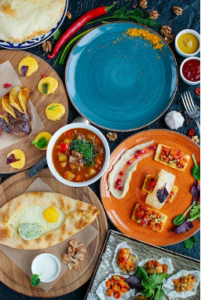 In conclusion, properly fueling your body during Suhoor can make a big difference in how you feel throughout the day while fasting during Ramadan. By following these Suhoor Dos and Don’ts, you can make informed choices about the foods you consume during this important meal. Remember, it’s all about balance and moderation, so don’t be too hard on yourself if you indulge in some treats now and then. Stay hydrated, and pair complex carbs and protein for sustained energy. By following these tips, you can make the most out of your Ramadan fasting experience.
In conclusion, properly fueling your body during Suhoor can make a big difference in how you feel throughout the day while fasting during Ramadan. By following these Suhoor Dos and Don’ts, you can make informed choices about the foods you consume during this important meal. Remember, it’s all about balance and moderation, so don’t be too hard on yourself if you indulge in some treats now and then. Stay hydrated, and pair complex carbs and protein for sustained energy. By following these tips, you can make the most out of your Ramadan fasting experience.
Reaching Out for Professional Help
This blog post is an extension of some reels and posts made by our very own dietitian, Lina. For more Ramadan-focused tips and information, you can follow Lina on Instagram at @nourished.movement, and you can also book a free 15-minute discovery call with her using the Nourishing Balance Booking Link if you’re interested in more in-depth, personalized advice.
Ramadan Kareem!
